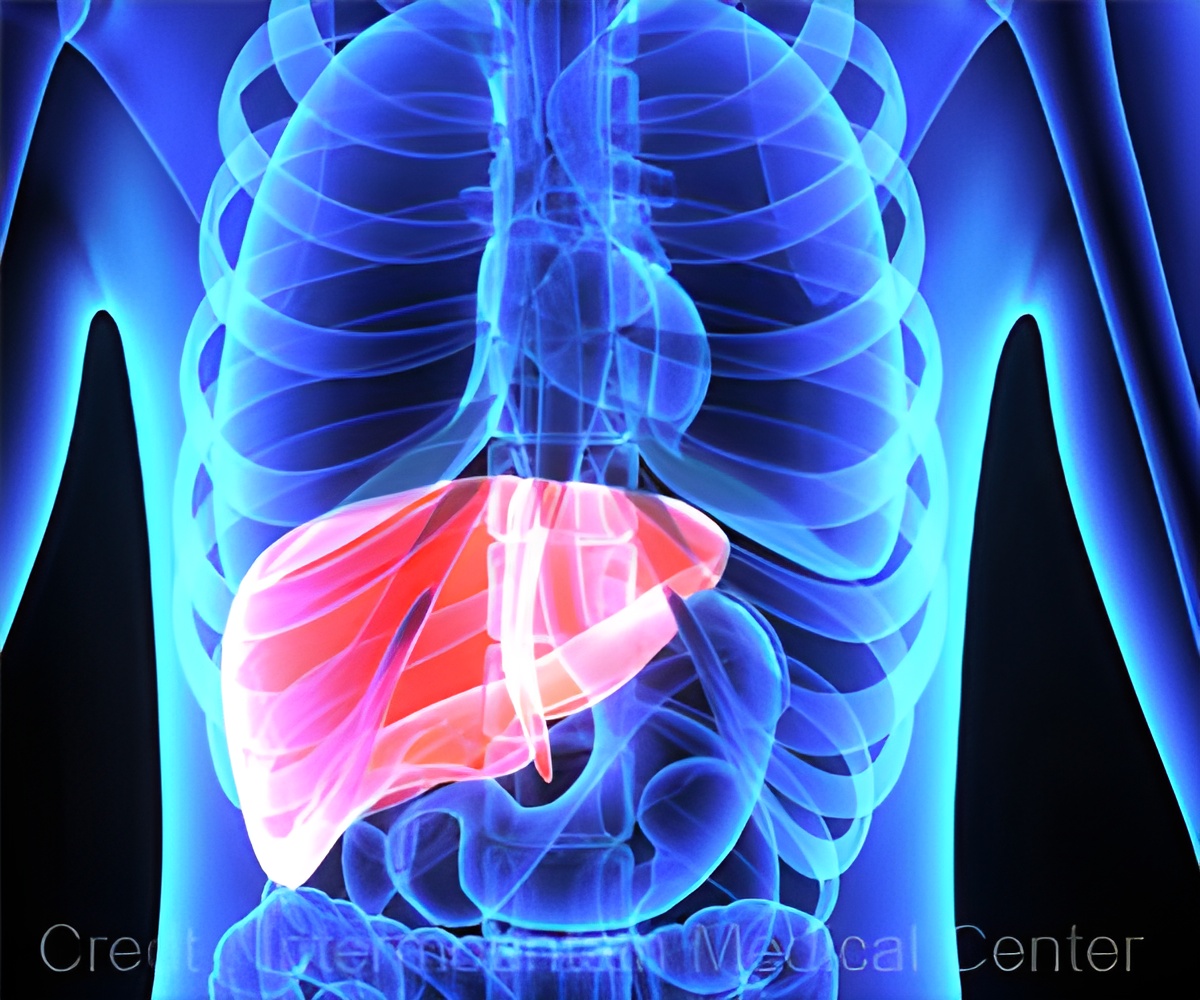High-density lipoproteins (HDL) could protect us from liver injuries, found a study. They can inhibit the inflammatory phases your liver undergoes in case of getting triggered by bacterial toxins.

‘HDL3 couples with Lipopolysaccharide binding protein (LBP) and arrests the inflammatory processes triggered by some bacterial toxins. Lower the levels of this substance, worse are the outcomes of liver injury.’





"But our study suggests that raising levels of this specific type of HDL, and specifically raising it in the intestine, may hold promise for protecting against liver disease, which, like heart disease, also is a major chronic health problem," said senior author Gwendalyn J. Randolph, Ph.D., the Emil R. Unanue Distinguished Professor of Immunology. The gut-liver connection
The intestine and liver have a unique link between them through a structure called the portal vein. It is the major blood vessel that carries nutrients from the intestines to the liver. Sometimes, along with the nutrients, substances from gut microbes can also travel to the liver via this vein.
Gram-negative bacteria that infect the intestines are known to produce toxins made of lipopolysaccharides, an inflammatory molecule. This process poses a serious threat as it can activate immune cells called Kupffer cells that reside in the liver. Activation of such cells can possibly drive liver inflammation and result in liver disease, including fatty liver disease and liver fibrosis, in which the liver develops scar tissue.
What can good cholesterol do here?
Advertisement
When this HDL3 reaches the liver via the portal vein, it forms a complex with LBP (Lipopolysaccharide-binding protein) that usually pairs with the lipopolysaccharide toxin produced by bacteria. Now, the HDL3-LBP complex can block the activities of that toxic molecule once it comes in contact with the complex.
Advertisement
Levels are important
Emily J. Onufer, a surgical resident, and Brad W. Warner, MD, at St. Louis Children’s Hospital, two co-authors of the study, wanted to understand why some premature babies with necrotizing enterocolitis (inflammation of the intestine) often develop liver disease even after successful bowel surgery. The bowel surgery for this condition requires a portion of the intestine to be surgically removed.
On probing further, they found that the surgery caused two problems. "A shorter intestine means it’s making less HDL3. When you remove the part of the intestine that makes the most HDL3, you get the worst liver outcome," said Randolph.
Inactivation of toxin: Not a one-person show
Ultimately, they suggest that HDL3 seems to have protective effects on liver injury in some ways. An important thing to note is that without HDL3, LBP is not going to do any good. In fact, the inflammation would be more severe if the lipopolysaccharide toxin binds with the LBP in the absence of HDL3.
"We are hopeful that HDL3 can serve as a target in future therapies for liver disease. We are continuing our research to better understand the details of this unique process," concluded Randolph.
The complete research article of this study is published in the journal Science .
Source-Medindia















